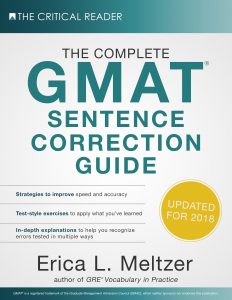First drafted by the Archbishop of Canterbury to make peace between the unpopular king and a group of rebel barons, the Magna Carta promised protection from illegal imprisonment, swift access to justice, and limiting feudal payments to the Crown.
(A) protection from illegal imprisonment, swift access to justice, and limiting feudal payments to the Crown
(B) protection from illegal imprisonment, swiftly accessing justice, and limiting feudal payments to the Crown
(C) protection from illegal imprisonment, swift access to justice, and limitations on feudal payments to the Crown
(D) being protected from illegal imprisonment, swift access to justice, and limitations on feudal payments to the Crown
(E) protection from illegal imprisonment, having swift access to justice, and to limit feudal payments to the Crown
Scroll down for the answer.
Answer: C
Parallel Structure
The list in the underlined portion is a giveaway that this question is testing parallel structure. As a rule, all of the items in a list must be in the same general format. (A): noun, noun, -ING. No. (B): noun, -ING, -ING. No. (C): noun, noun, noun. Yes. (D): -ING, noun, noun. No. (E): noun, -ING, infinitive. That makes (C) correct. Note that you can often find the answer to this type of question just by focusing on the first word in each item of the list, but in this case you need to consider the first two words because the second item in (C) begins with a modifier (swift) rather than the noun itself. Still, the items are short enough and the inconsistencies clear enough that this is a relatively straightforward question by GMAT standards.
